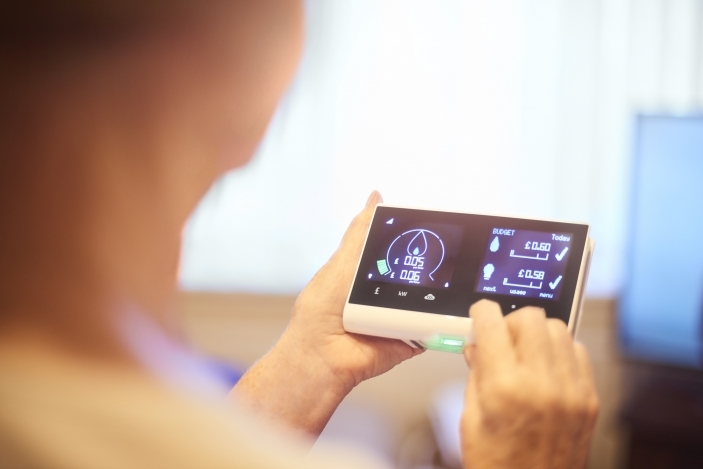Ofgem has warned that it could stop utility Utilita Energy from taking on new customers unless it installs 15,000 second generation smart meters by 31 July 2021.
The company has continued to install first generation meters, and had failed to install second generation meters – or SMETS2 (Smart Metering Equipment Technical Specification) meters – when it should have done.
This goes against the regulator’s New and Replacement Obligation (NRO), and can cause problems for the Data Communications Company (DCC) which is responsible for the national infrastructure that connects smart meters, energy suppliers and companies.
In June 2019, Ofgem brought in the NRO calling on suppliers to take all reasonable steps to install SMETS2 meters at new and replacement installations. Despite this, Utilita has continued to install SMETS1 meters at volume.
SMETS1 meters lose smart functionality when customers switch suppliers, which can lead to inaccurate bills, manual reads needing to be taken and risks confusing customers by showing outdated information.
Charles Hargreaves, Ofgem’s deputy director of conduct and enforcement, said that smart meter are vital for “upgrading Great Britain’s energy infrastructure, enabling customers to be better informed and engaged in managing their energy consumption by providing them with real time information on their energy use”.
“Smart meters also help enable the transition to a more flexible energy market and the move to a low carbon economy.
“Ensuring all energy suppliers take all reasonable steps to install SMETS2 meters for new and replacement meters is critical to the success of the smart meter rollout as it enables smart meters to operate reliably for all consumers regardless of their energy supplier.”
Utilita will now have until 30 April to install 250 SMETS2 meters, and then till 31 July 2021 to install 15,000 in line with the plan they have presented to Ofgem. If the company fails to meet these targets, it will be banned from taking on new customers or upgrading current customers until it meets the installation targets.
The smart meter rollout in Britain has struggled in a number of ways, and in particular has been held back in 2020 due to the COVID-19 lockdown leading to a pause in installations. However, these have picked up again with nearly a quarter of a million installed in October after hitting the million mark for the year in just September.






